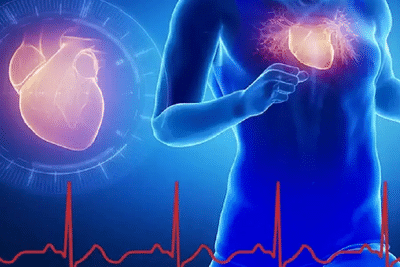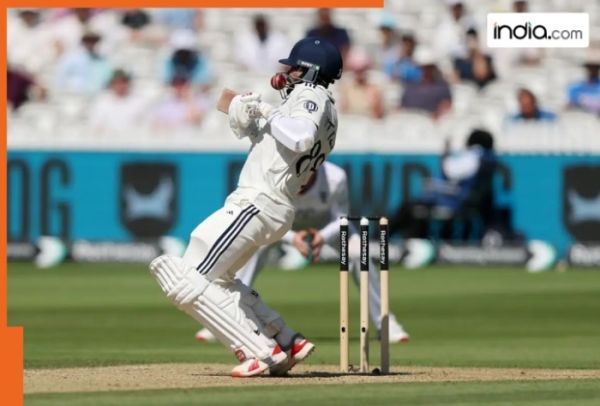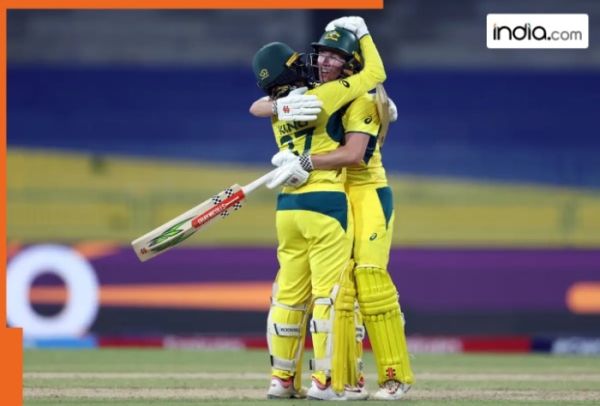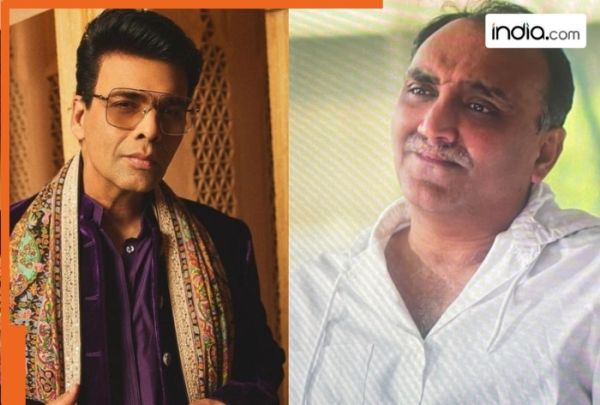
The number of sudden heart attacks in India is on the rise, which is becoming a cause for concern. Nowadays, many young people are experiencing sudden heart attacks while exercising in the gym, walking on the street, playing in the fields, or dancing at weddings, which are becoming a cause for concern.
Why are sudden heart attacks occurring?
Dr. Bipin Chandra Bhamare, a cardiac surgeon at Sir H.N. Reliance Foundation Hospital and Research Centre in Mumbai, explained that a sudden heart attack is the unexpected stopping of the heart due to an abnormal heart rate. Although it is different from a heart attack, heart disease can increase the risk of SCD. Without emergency treatment, the chances of survival are greatly reduced. Sudden cardiac arrest (SCD) is a serious medical emergency in which the heart suddenly stops beating, cutting off blood supply to vital organs.
It often occurs without warning and can be fatal if not treated promptly. Many people experience no early symptoms of sudden cardiac arrest, so awareness and prompt action are essential.
This may be due to coronary artery disease (blocked blood vessels), a previous cardiac arrest, heart failure or weakening of the heart muscle, a genetic heart disorder (for example, long QT syndrome), hypertrophic cardiomyopathy, electrical shock, or a severe chest injury.
Dr. Bhamare further stated that it's important to understand that sudden cardiac arrest is caused by pre-existing blockages. It can be caused by a rupture of a blockage in the heart, leading to a massive heart attack, or by ventricular arrhythmias, or very abnormal heart rhythms, such as ventricular tachycardia or fibrillation, which are often caused by genetic factors. Therefore, it's important for everyone to stay informed about their heart health by getting regular heart checkups.
What are the symptoms?
- · Chest pain or discomfort
- · Difficulty in breathing
- · Dizziness
- · Unconsciousness
- · Heart beat fast
Sudden fainting
One associated complication is brain damage due to lack of oxygen, which can lead to death if not treated immediately.
How to treat?
In such a case, the patient needs timely medical attention. This is an emergency situation, and treatment should not be delayed. Immediate CPR (cardiopulmonary resuscitation) and defibrillation using an automated external defibrillator (AED) can save a person's life.
Patients at risk may need beta-blockers or anti-arrhythmic medications. Your doctor will determine the treatment method based on the patient's condition. Additionally, controlling blood pressure and diabetes by taking medications, quitting smoking, eating a healthy diet, and exercising regularly can reduce the risk. People with a history of heart disease or a family history of sudden death should have regular heart checkups.
PC: Saamtv
-
Deadly with bat and ball! Coach hints at grooming an all-rounder for India in Test Cricket, his name is…

-
ICC Women’s World Cup 2025: Beth Mooney shines with century as Australia beat Pakistan by 107 runs

-
Meet newest billionaire of Bollywood, who hasn’t given a Rs 100 crore film, is richer than Karan Johar, Aditya Chopra, he is…

-
Mumbai Metro Line-3: PM Modi inaugurates Phase 2B; check Aqua Line route, stations, ticket price, timings

-
Latest Odisha Breaking News Updates | Wednesday, 08 October 2025
